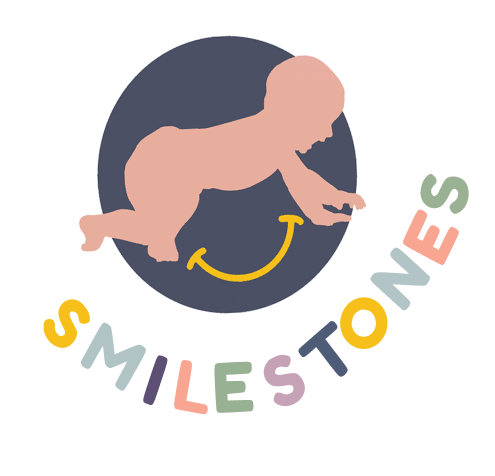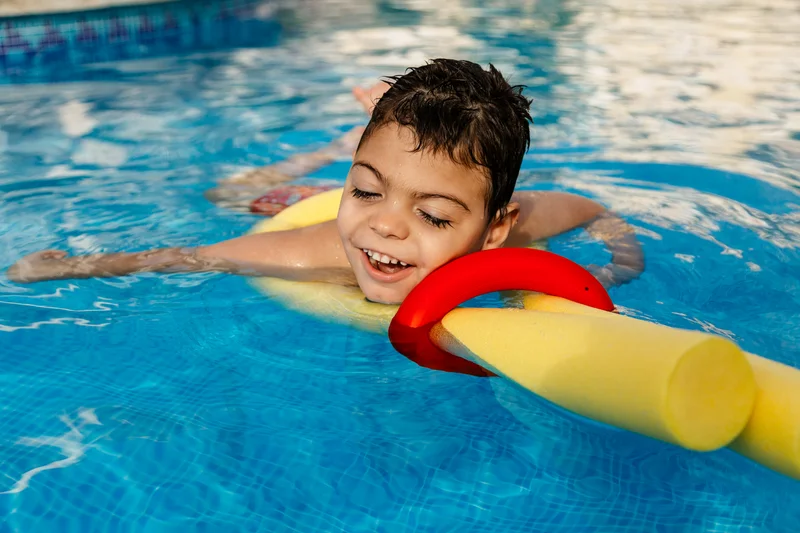Exploring the True Scope of Paediatric Physiotherapy
6 MIN READ

From Smilestones Therapy
There's a common misconception about Kids Physios primarily focusing on massage and stretching. While some physios may incorporate those techniques, I take a different approach.
In my opinion, stretching and massage are valuable tools for parents, support workers, and caregivers to learn and provide muscle recovery. It can be done at home, or passively overnight using splints or other equipment. However, it's important to note that stretching alone for short periods doesn't have a long lasting, or permanent effect unless done for extended periods, like overnight, throughout the day with AFO's (ankle-foot orthotics) or using things such as Serial Casting. Therefore, as a Paediatric Physiotherapist, our focus goes beyond massage and stretching.
Paediatric Physios in the early intervention sector (ages 0-7) have diverse roles. Initially, parents bring their little ones to us for diagnosis, addressing delays, or even to prevent potential issues. These can range from mild developmental delays, misshapen heads, to conditions like torticollis, where babies prefer looking in one direction. Your GP or even you might notice these concerns. We are here to support you, monitor for any associated conditions, and ensure your baby develops on track. It's during this crucial early stage that babies learn best, and it's the optimal time to guide them in acquiring essential skills the right way, as their brains are highly receptive. Not only that but getting seen early can prevent a lot of complications in the future such as asymmetrical posture or alignment, misshapen head, and helping them to achieve milestones in the future which are directly impacted by posture and alignment.
Pediatric Physiotherapists in the disability sector play a crucial role in promoting independence in your child. Babies born pre-term, high risk, or those diagnosed with disabilities often come to us straight from the hospital as referrals, or further down the track by the NDIS. Our main focus is on giving your child independence-teaching essential skills and milestones, such as (but not limited to) rolling, sitting, standing, walking, climbing, bike riding, etc.. We achieve this by building strength, balance, coordination, developing or re-establishing neural pathways, and engaging in specific task-oriented practice. Our interventions may include innovative approaches like the Spider Cage (Therapy Cage) or Cuevas Medek Exercises (CME) along with tools like stability shoes, treadmill training, hydrotherapy and various other techniques. Whatever activity or sport your child aspires to do, it's our mission to help them get there. We often treat children with disabilities such as Cerebral Palsy, Down Syndrome, Spinal Muscle Atrophy, Autism, Global Developmental Delay, Genetic conditions, syndromes without names and pretty much any other syndrome, disorder, or diagnosis that can impact movement and development. Chances are, if you baby or child is struggling to move, reach milestones, or do things independently-they need to be seen by a Physio.
By enhancing strength, coordination, balance, and independence, we open up a whole new world for these children. These benefits extend beyond physical abilities to impact areas like digestion, speech, swallowing, and communication. Everything is interconnected! Increasing your child's strength and muscle tone directly influences their overall system functionality. So while Physio’s tend to work alone, we take in a multidisciplinary approach and often will contact your OT and/or Speechie to talk through goals and how we can help each other. I will delve deeper into this topic in another blog post, but for now, trust me that the results are remarkable- your Speechie and OT will be so impressed when you start to make gains with them as well after starting Physio! ;)
When to seek a Physio:
- High risk babies - NICU, premie, birth trauma
- Developmental Delays - not hitting milestones
- Balance, coordination, strength concerns
- Disabilities, syndromes, or those undiagnosed
- Disability equipment needs
- Needing access to the NDIS
- Tummy Time: not holding up head or putting weight on arms by 5 months
- Reaching: not reaching for objects or fisting hands by 6 months
- Rolling: not rolling by 5 months
- Sitting: not sitting by 8 months
- Standing: not standing by 11 months
- Walking: not walking by 14 months
- Lack of movement - there are no "lazy" babies
- Differences between left/right sides of the body (strength/tone/movement)
